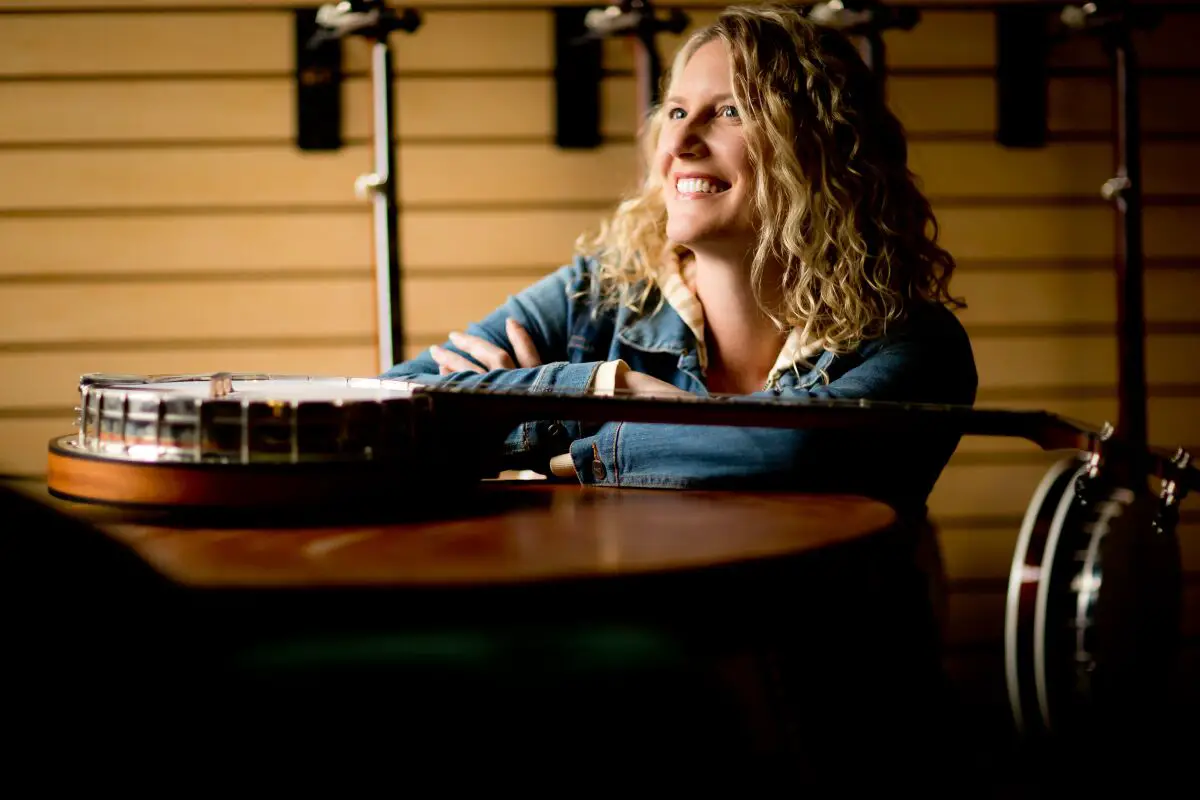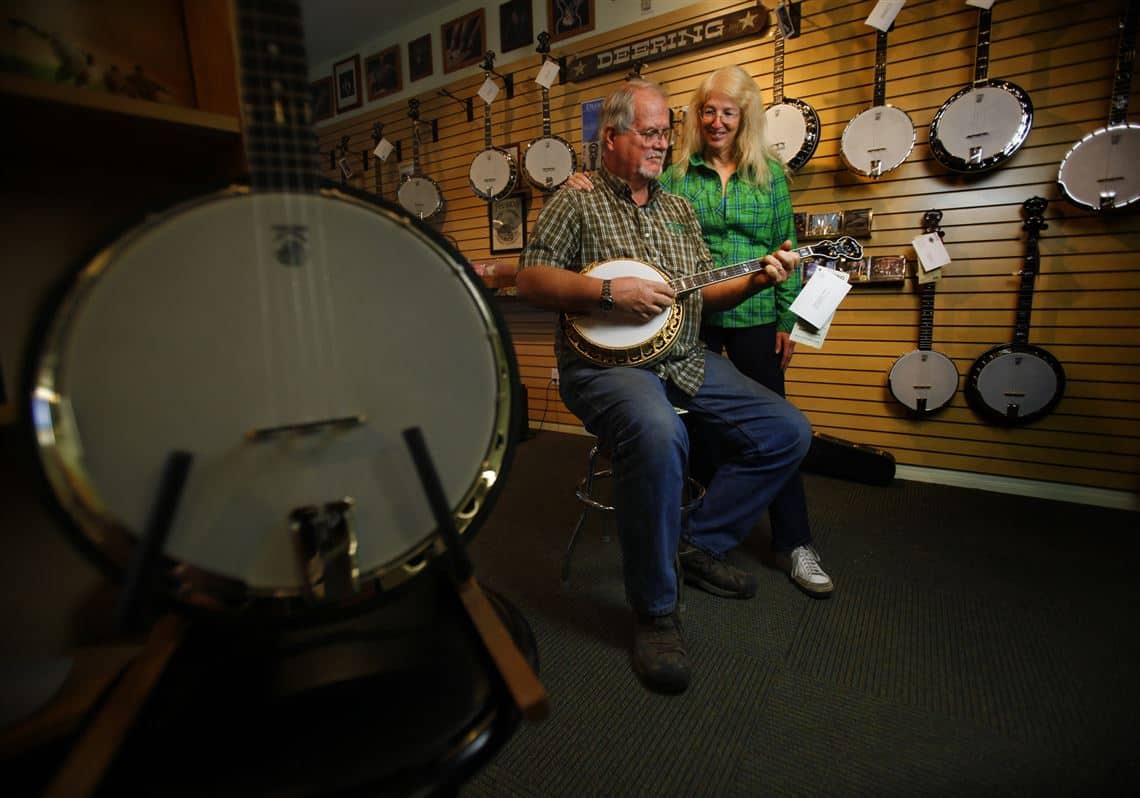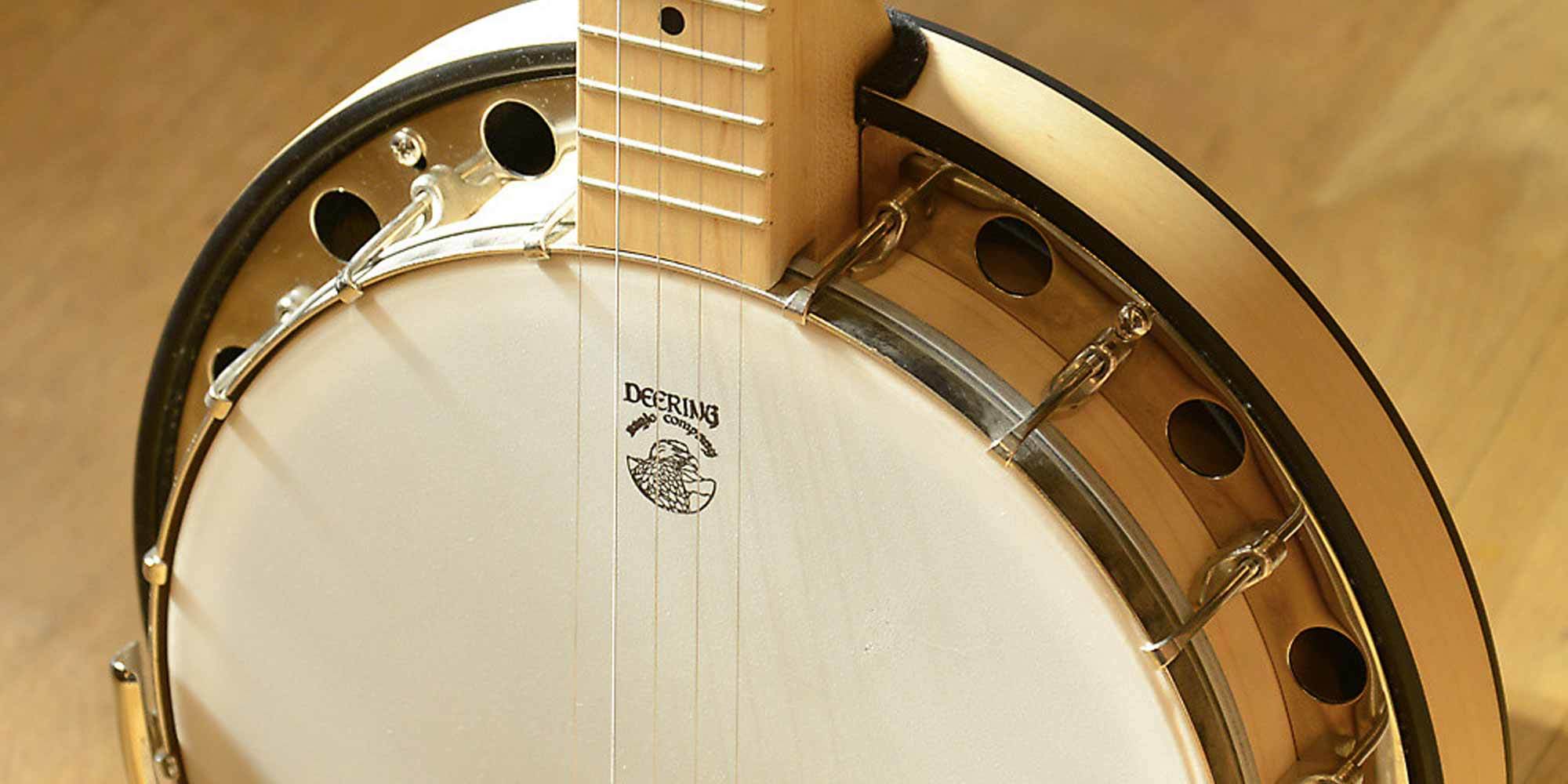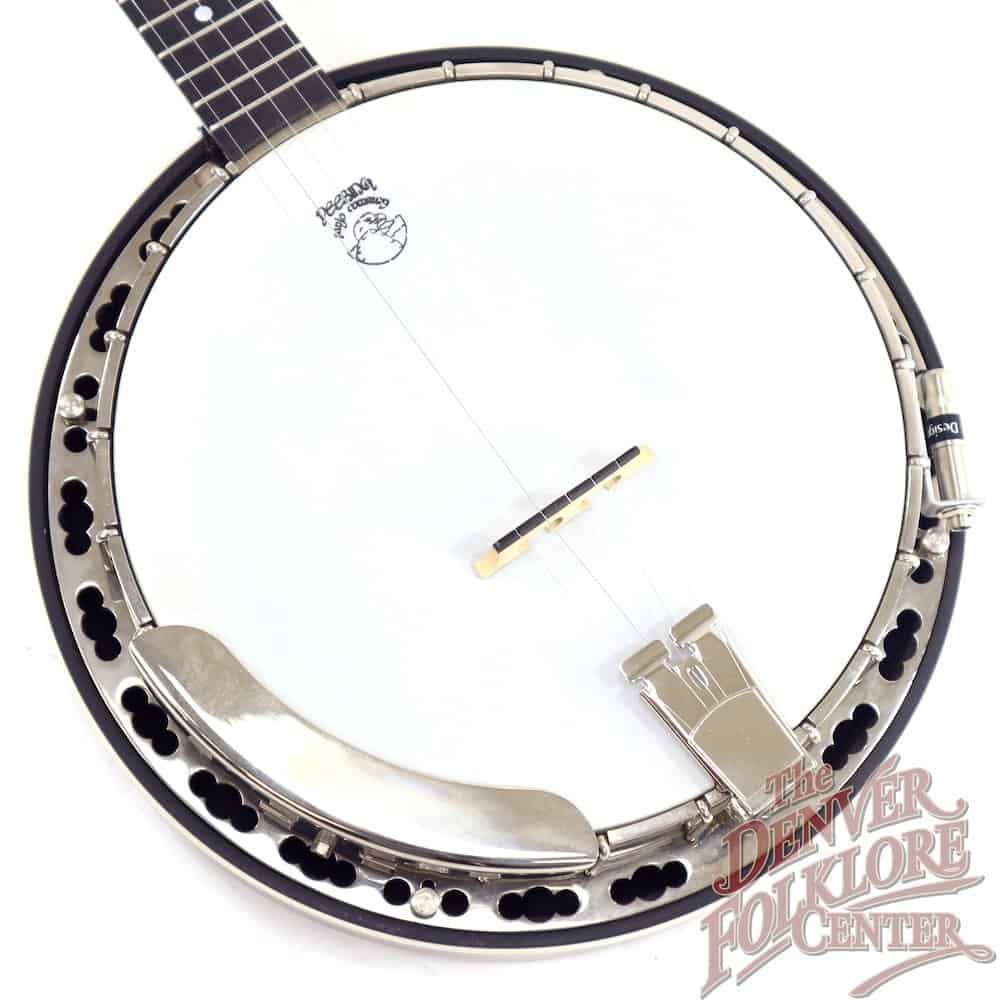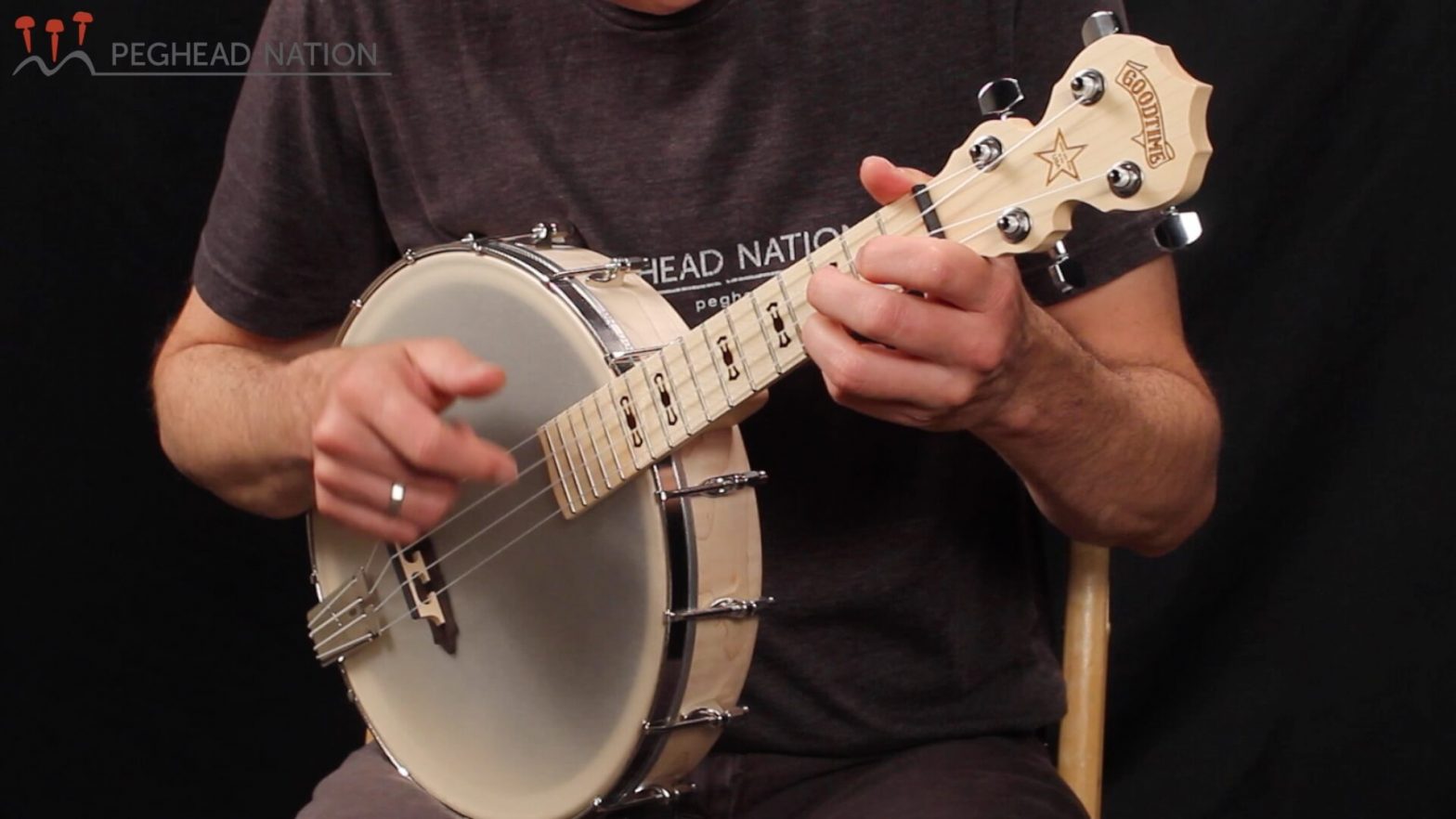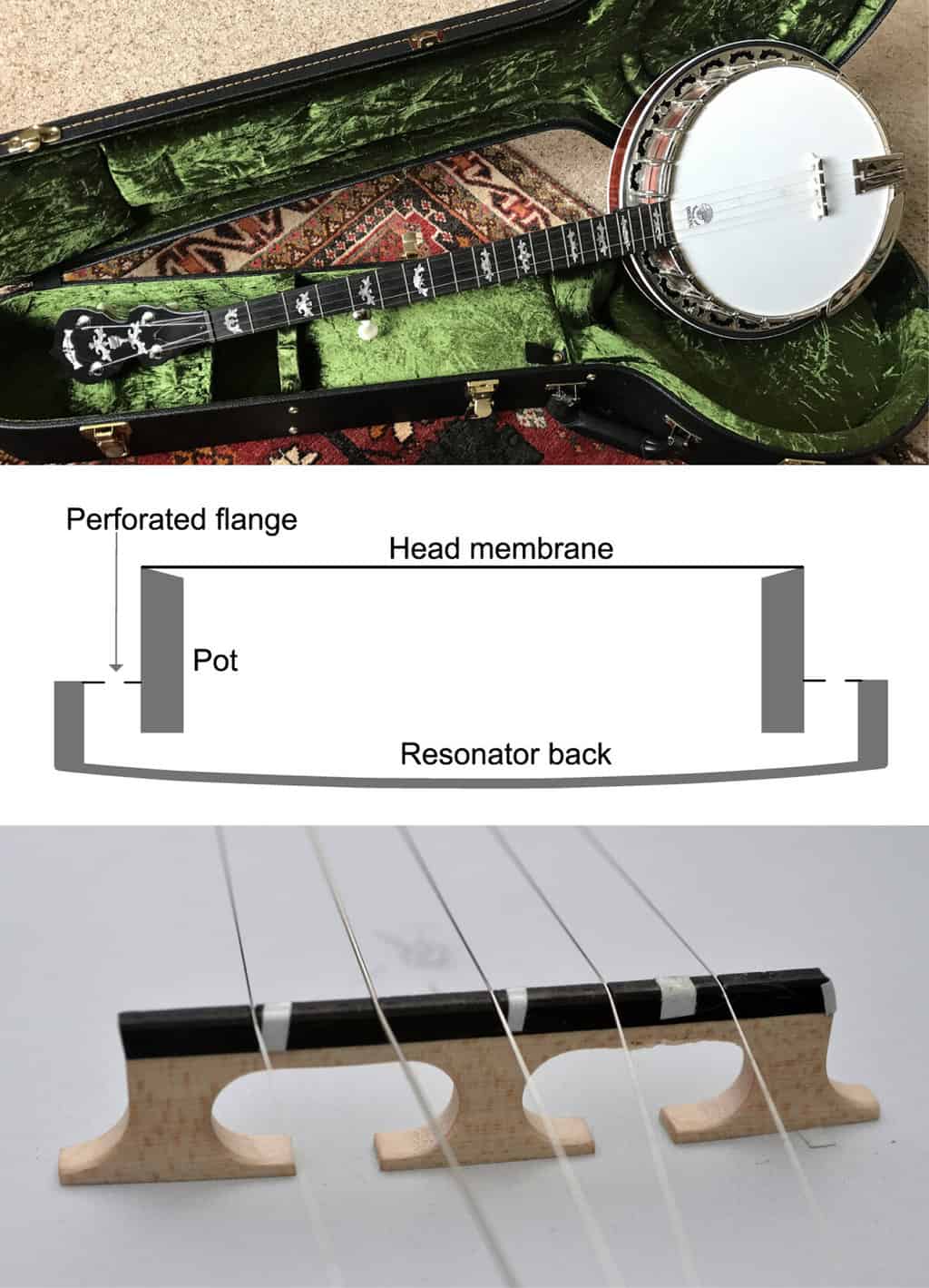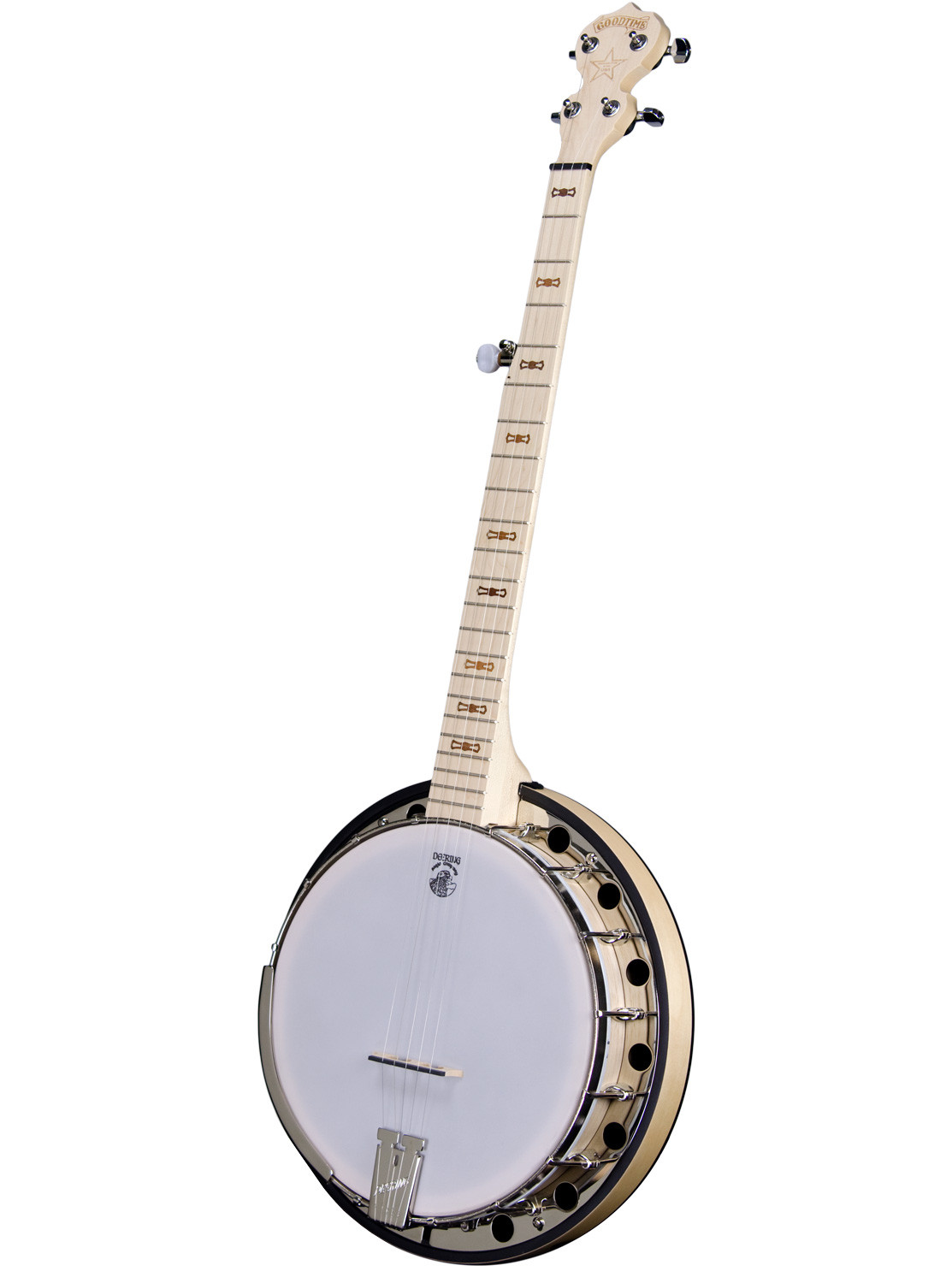If you’ve ever wondered “Where are Deering Banjos made?” you’re not alone. Deering Banjos is an iconic American instrument maker, synonymous with high-quality bluegrass banjos. From the legendary Earl Scruggs model to their more affordable Goodtime banjos, Deering produces some of the finest banjos in the world. But where exactly are Deering banjos made? In this article, I’ll uncover the secrets of this iconic American instrument and reveal the truth about where Deering banjos are made.
History of Deering Banjos
Deering Banjos have been manufactured since 1975, when Greg and Janet Deering began producing them in Spring Valley, California. The company has since grown to become one of the leading banjo manufacturing companies in the world.
In the beginning, Deering Banjos were made from locally-sourced wood and hardware. As the company grew and demand for their instruments increased, they began to source high-quality woods and parts from around the world. They also began to expand their range of banjo designs to include 5-string, 6-string, and tenor banjos.
Since then, Deering Banjos have become known for their superior craftsmanship and sound quality, and they are now used by professional and amateur musicians alike. They have been featured in some of the biggest bluegrass festivals in the world, including the International Bluegrass Music Association’s World of Bluegrass Festival.
Today, Deering Banjos are still made in Spring Valley, California, and the company is committed to making the highest quality instruments for musicians around the world.
| Year | Milestone |
|---|---|
| 1975 | Greg and Janet Deering began producing banjos in Spring Valley, California |
| 1980s | Began sourcing high-quality woods and parts from around the world |
| 1998 | Deering Banjos become known for their superior craftsmanship and sound quality |
| 2017 | Featured in International Bluegrass Music Association’s World of Bluegrass Festival |
Manufacturing Process
- Deering Banjos are manufactured in Spring Valley, California.
- The manufacturing process begins with selecting the best woods and materials.
- The banjos are then designed and crafted using state-of-the-art machinery.
- The components are then assembled, sanded, shaped and sealed.
- The banjos are then inspected and tested to ensure they meet Deering’s quality standards.
- The banjos are then strung and tuned, and the final product is ready to be shipped.
Materials Used
| Material | Origin |
|---|---|
| Maple | North America |
| Mahogany | Central America |
| Ebony | Africa |
| Spruce | Europe |
| Steel | United States |
Deering Banjos are made with high-quality materials sourced from all over the world. Maple is sourced from North America, Mahogany from Central America, Ebony from Africa, Spruce from Europe, and Steel from the United States.
Facilities
Deering Banjos are manufactured in a large facility located in Spring Valley, California. The facility consists of a main building and several smaller buildings. The main building houses the manufacturing and assembly areas, while the smaller buildings are used for storage, shipping, and other services. The facility is also equipped with a modern showroom and an educational area for banjo lessons and workshops. The facility is staffed by a highly skilled and experienced team with decades of experience in the art and craft of banjo-making.
Quality Control
- Each Deering Banjo is inspected for quality and craftsmanship.
- Every piece of hardware and material is checked to ensure the highest level of quality.
- The instrument is put together and inspected for accuracy and playability.
- The banjo is tested for sound quality.
- Every banjo is tested for tuning and intonation.
Once the banjo has passed all quality control tests, it is ready to be shipped.
Social and Environmental Impact
- Uses sustainable wood sources for banjo parts
- Employs local craftsmen in its California facility
- Provides medical, dental, and vision insurance to employees
- Encourages volunteerism and community engagement
- Donates banjos to schools and music education programs
- Promotes recycling and reuse of materials
- Uses non-toxic finishes for banjo parts
- Follows Fair Trade guidelines
- Complies with California’s strict environmental regulations
Availability
Deering banjos are available in music stores and online retailers worldwide. They are also available directly from the Deering website and a variety of independent dealers.
Deering offers a wide range of banjos, including open-back, resonator, and electric models. They also offer a variety of accessories and replacement parts.
| Type | Availability |
|---|---|
| Open-back | Music stores, online retailers, Deering website, independent dealers |
| Resonator | Music stores, online retailers, Deering website, independent dealers |
| Electric | Music stores, online retailers, Deering website, independent dealers |
| Accessories | Deering website, independent dealers |
| Replacement parts | Deering website, independent dealers |
Cost
| Model | Price |
|---|---|
| Goodtime | $400 – $600 |
| Boston | $900 – $1200 |
| Eagle | $1300 – $1800 |
| Artisan | $1800 – $2400 |
| Custom | $2500+ |
Deering Banjos are relatively affordable compared to other manufacturers. Prices for Deering models range from $400 for the entry-level Goodtime to around $2500 for custom models. Prices for other models range from $900 to $1800 for the Boston, Eagle, and Artisan models.
Frequently Asked Questions
What is the History of Deering Banjos?
Deering Banjos was founded in 1975 by Greg and Janet Deering, who both grew up in the San Diego area. The Deering family has a long history of instrument building, with Greg’s father having built guitars and Janet’s father having built mandolins. The Deerings began building banjos in a small shop in Spring Valley, California. In the early days, they focused on custom banjos, focusing on quality and craftsmanship. Over the years, the company has grown and now offers a wide range of banjos to suit a variety of styles and levels of playing. Today, Deering Banjos are handcrafted in the USA and are used by renowned professional banjo players around the world.
What Makes Deering Banjos Stand Out?
Deering Banjos are renowned for their exceptional craftsmanship, use of high-quality materials, and precision construction. The company’s commitment to quality and attention to detail has earned them a reputation as one of the top banjo makers in the world. Deering Banjos also feature unique designs and custom options that allow players to create their own personalized instruments. From their intricate inlay work to their innovative tone ring designs, Deering Banjos are truly unique instruments that stand out from the crowd.
How are Deering Banjos Crafted?
Deering banjos are crafted from the finest materials from all over the world, including maple from the Appalachian Mountains in the US, African mahogany from Cameroon, and brass from Germany. Each banjo is hand-crafted with great care and attention to detail. The banjos are constructed using specialized tools, including a custom-made neck jig and a hand-operated peghead shaper. The necks are made from quartersawn maple and have ebony fingerboards, and the tone rings are made with either brass or aluminum. Finally, the banjos are finished with a high-gloss nitrocellulose lacquer.
What styles of Deering Banjos are available?
Deering Banjos offer a wide range of styles including the Goodtime, Classic, Sierra, and Openback banjos. The Goodtime banjos feature a lightweight and affordable design, perfect for beginners. The Classic banjos are crafted for optimal tonal response and dynamics. The Sierra banjos provide a bright and vibrant sound, while the Openback banjos feature a traditional and timeless sound.
Where are the Parts for Deering Banjos Sourced?
Deering Banjos are made in Spring Valley, California, and the majority of the parts are sourced from within the United States. The majority of the metal parts are machined from U.S. made steel, while the wooden parts are sourced from hardwoods such as maple, walnut and mahogany, as well as other specialty woods. The hardware and tuning machines are imported from Germany and Japan, and the neck and fingerboard are made from either maple or walnut. Finally, the strings and other accessories are sourced from various suppliers based in the United States.
Conclusion
Deering Banjos have been crafted in Spring Valley, California since 1975. The company has a long-standing commitment to producing quality instruments that are both visually appealing and great sounding. Deering is dedicated to preserving the art of banjo making and providing the best possible instruments to its customers. Deering Banjos are a great choice for anyone looking for an iconic American instrument.

